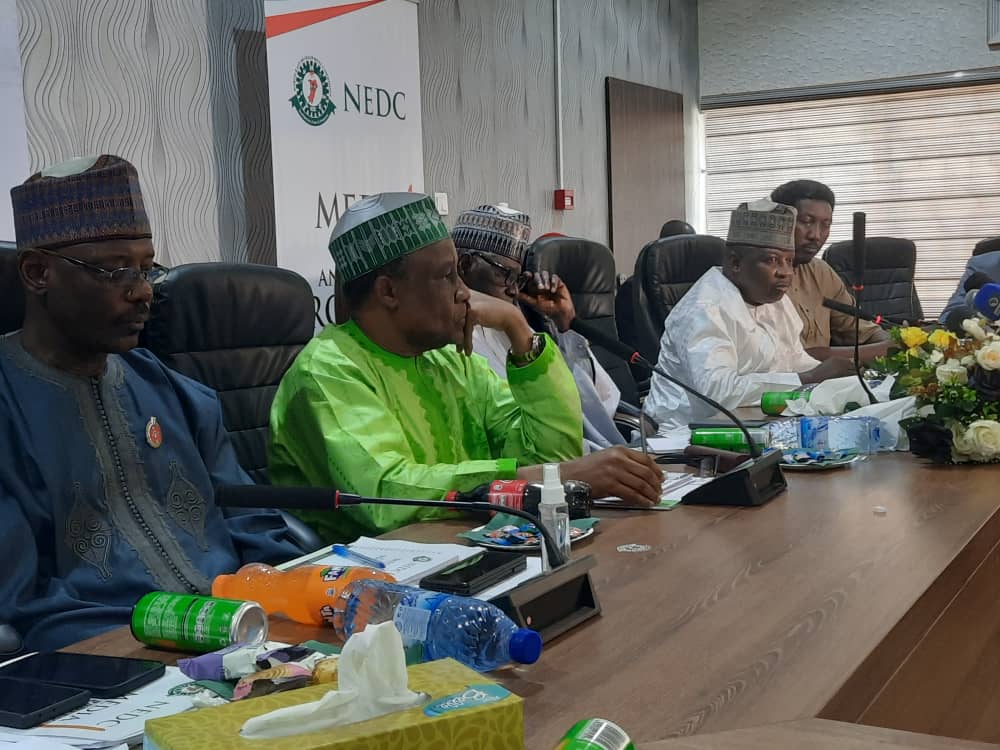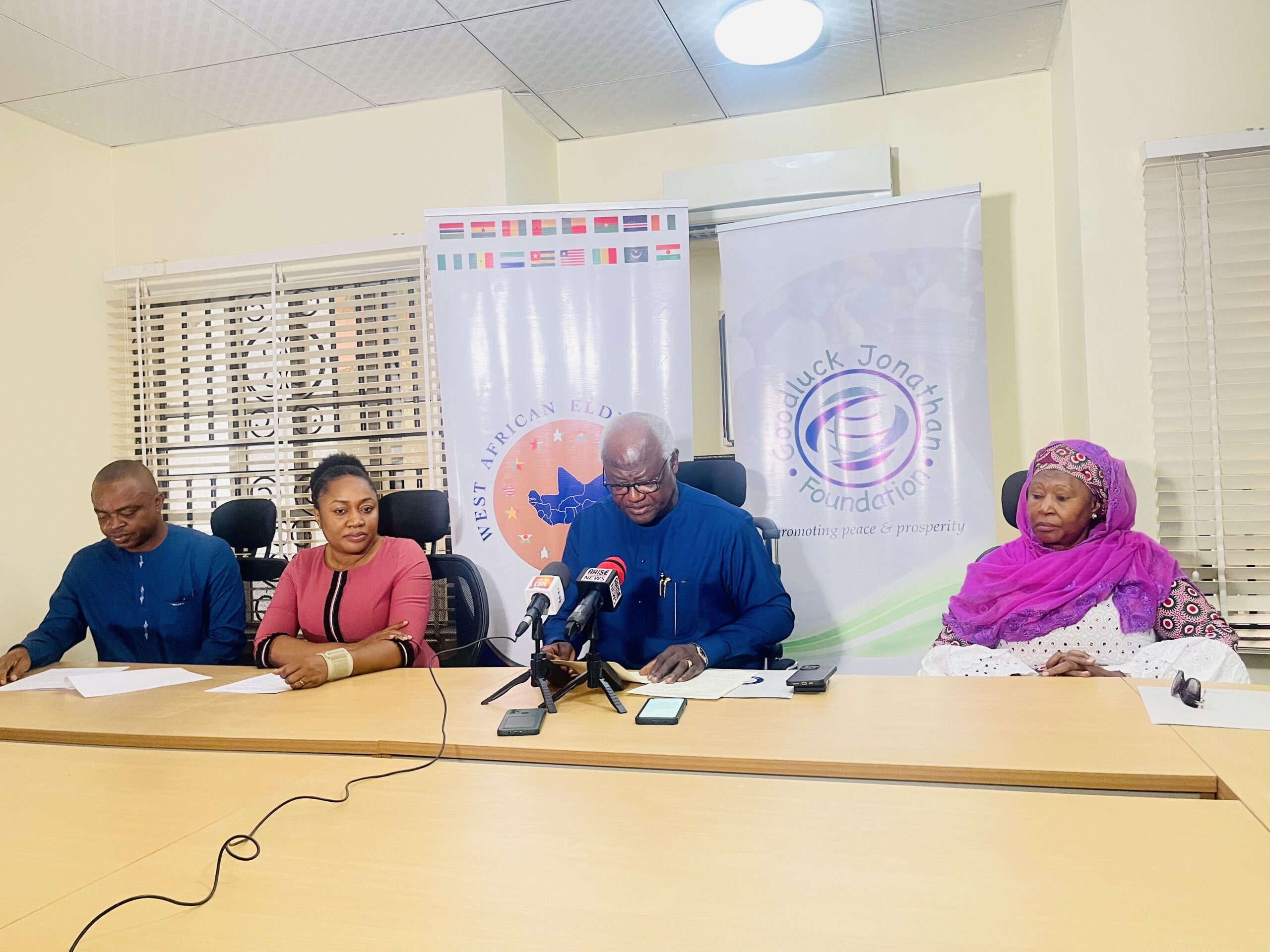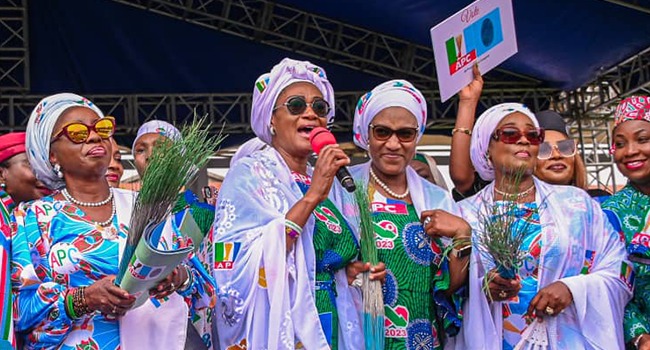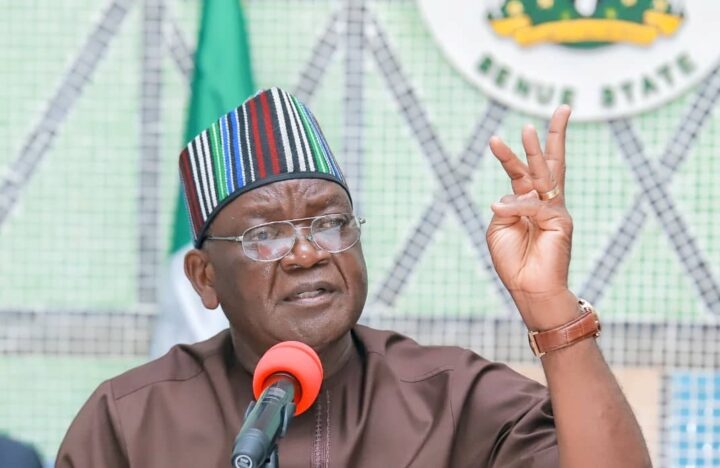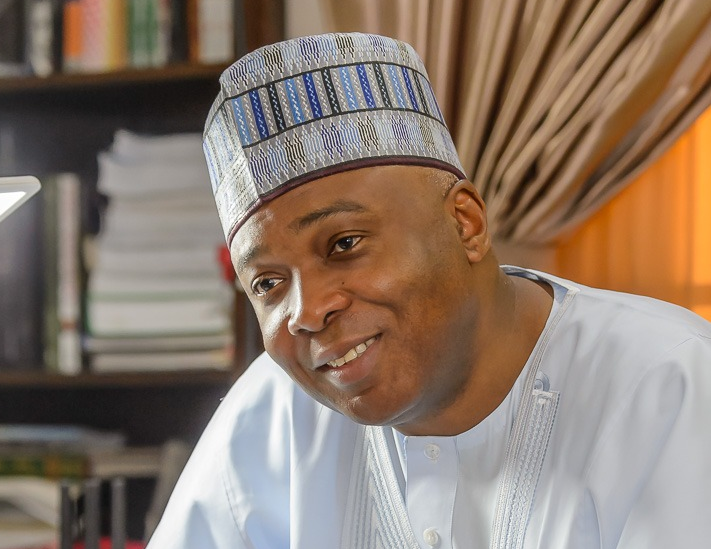The North-East Development Commission (NEDC) says it has constructed over 2500 houses through its Rapid Response Intervention projects.
The geopolitical zone — comprising Yobe, Gombe, Borno, Adamawa, Bauchi, and Taraba — has been the hotbed of the Boko Haram/ISWAP insurgency for over a decade.
Mohammed Alkali, the managing director of NEDC, said the intervention projects are aimed at boosting the resettlement of persons displaced by the insurgency.
Alkali spoke on Monday, December 6, at a parley with media executives at the commission’s headquarters in Maiduguri, Borno state.
Advertisement
He said 1,000 housing units have been constructed in Ngowom community at a cost of N2.92 billion.
The NEDC MD said 500 housing units were also built in each of the other five north-east states, with a budget of N17.5 billion.
He said: “The commission has built 1,000 housing units in Ngowon Borno state at the cost of N2.92 billion and 500 housing units in each of the five other states at the total cost of N17.5 billion Naira. We’ve also provided Rapid Response Intervention projects in the 112 local government areas of the region at the cost of N6 billion Naira.
Advertisement
“We’re constructing 18 mega schools one in each Senatorial district in the six States. We’ve provided 120 vehicles and hospital equipment to security agencies. We’ve provided 42 ambulances to some states and federal hospitals. We’ve trained youths on climate change adaptation, ICT, waste to wealth management and lots more.”
THE NEDC MANDATE
President Muhammadu Buhari’s administration inaugurated the NEDC board in 2019 to oversee the rehabilitation of the zone and to facilitate long-term development.
The commission is mandated to develop a master plan known as the North-Est Stabilisation and Development Master Plan.
Advertisement
Alkali said part of the NEDC vision is to build a “thriving peaceful region” that is self-sufficient.
Speaking on the source of funding, he said the commission receives funds “from its primary streams” as stated in the Establishment Act.
He listed the primary streams as “10% of the statutory allocation due to member states from the Federation Account, 10% of the Ecological Funds annually for 10 years, 3% of Annual VAT collection as first line charge for 10 years”.
Alkali said the Act provides for other sources but the commission “has not till date received any funds outside of its statutory funding sources” aside from the N10 billion take-off grant at inception from the federal government.
Advertisement
Add a comment
